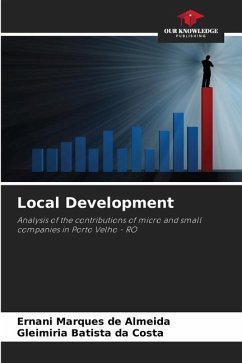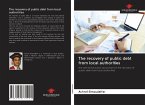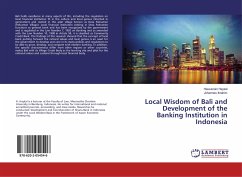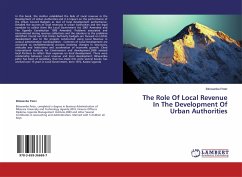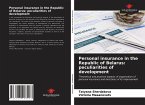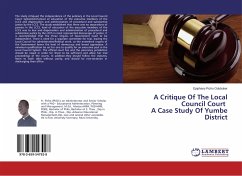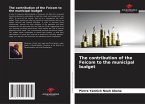In order to supplement the means necessary to carry out their activities, government entities purchase products and services on the market through a bidding process. The purpose of public tenders is to select the most advantageous proposal, ensure fairness among interested parties and promote sustainable development. Studies show that public procurement presents a favorable scenario for the development of micro and small companies; however, in order to achieve local and regional development, local companies need to be able to win tenders. Therefore, this research analyzed the contribution of micro and small companies to local development in the municipality of Porto Velho - RO, based on theoretical constructs and their participation in public procurement. To this end, a study was carried out of the public procurement minutes of the Federal Government's management units based in Porto Velho and a questionnaire was applied to local MSEs. It was concluded that local companies could use this market to increase their revenues and contribute to the development of the municipality by generating more jobs for the population.
Bitte wählen Sie Ihr Anliegen aus.
Rechnungen
Retourenschein anfordern
Bestellstatus
Storno

